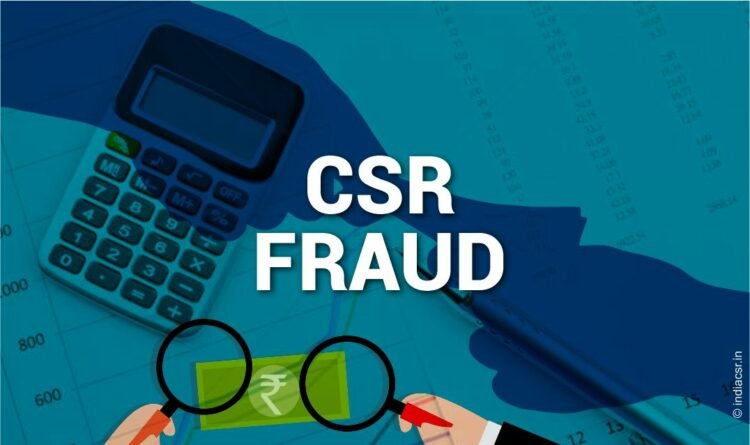Tips for NGOs to protect against fraudulent CSR funding by conducting research, verifying offers, understanding terms, seeking legal advice, and seeking guidance from trusted advisors
Online scams refer to the use of internet features such as email, chat, discussion boards, or websites to cheat internet users by making them pay for fake services. There has been an increase in online or offline scams targeting NGOs globally. NGOs often receive a large amount of information from various sources, making it difficult for them to differentiate genuine grant offers from fake ones. NGOs are particularly vulnerable to online scams due to their need to raise funds for their organizations. They may be more likely to respond to emails promising money or benefits without fully understanding the potential risks.
There are several ways that an NGO can be aware of and avoid accepting CSR (corporate social responsibility) funds from fraud organizations:
1. Conduct thorough research on the company and its history of CSR funding
Look for information on the company’s website, in news articles, and through online databases such as those maintained by nonprofit organizations. This can help you understand the company’s track record with CSR funding and identify any potential red flags.
2. Verify the legitimacy of the company and the offer of funding
Contact the company directly to verify the offer of funding and ensure that it is a legitimate company. You can also check with regulatory bodies such as the Securities and Exchange Commission to confirm that the company is registered and in good standing.
3. Have a clear understanding of the terms and conditions of the funding
Be sure to thoroughly review and understand the terms and conditions of the funding before accepting it. This can help you identify any potential issues or concerns with the offer.
4. Seek legal advice
Consider seeking legal advice from an attorney familiar with nonprofit law to help you understand the implications of accepting the funding and ensure that it is in compliance with all relevant laws and regulations.
5. Seek guidance from trusted advisors and peer organizations
It can be helpful to reach out to other NGOs or trusted advisors who may have experience with corporate funding or who can provide insights on the reputation and credibility of the company offering the funding. This can help you get a better understanding of the company and the potential risks or benefits of accepting the funding. It may also be helpful to connect with peer organizations that have experience with similar funding opportunities to learn from their experiences and get guidance on best practices.
6. Conclusion
It is important for NGOs to take steps to ensure that they are accepting legitimate CSR funding from reputable companies.
India CSR offers due diligence services for NGOs to help them protect against fraudulent CSR funding. Interested parties can contact India CSR at biz@indiacsr.in to discuss their proposal.
Note for Readers: We hope that you enjoyed reading this article and found it useful and thought-provoking. If so, please consider sharing it within your network and on social media.
Declaimer: Reprinting or republishing this article in web media or other formats is not permitted by India CSR.
(CopyRight@India CSR)







